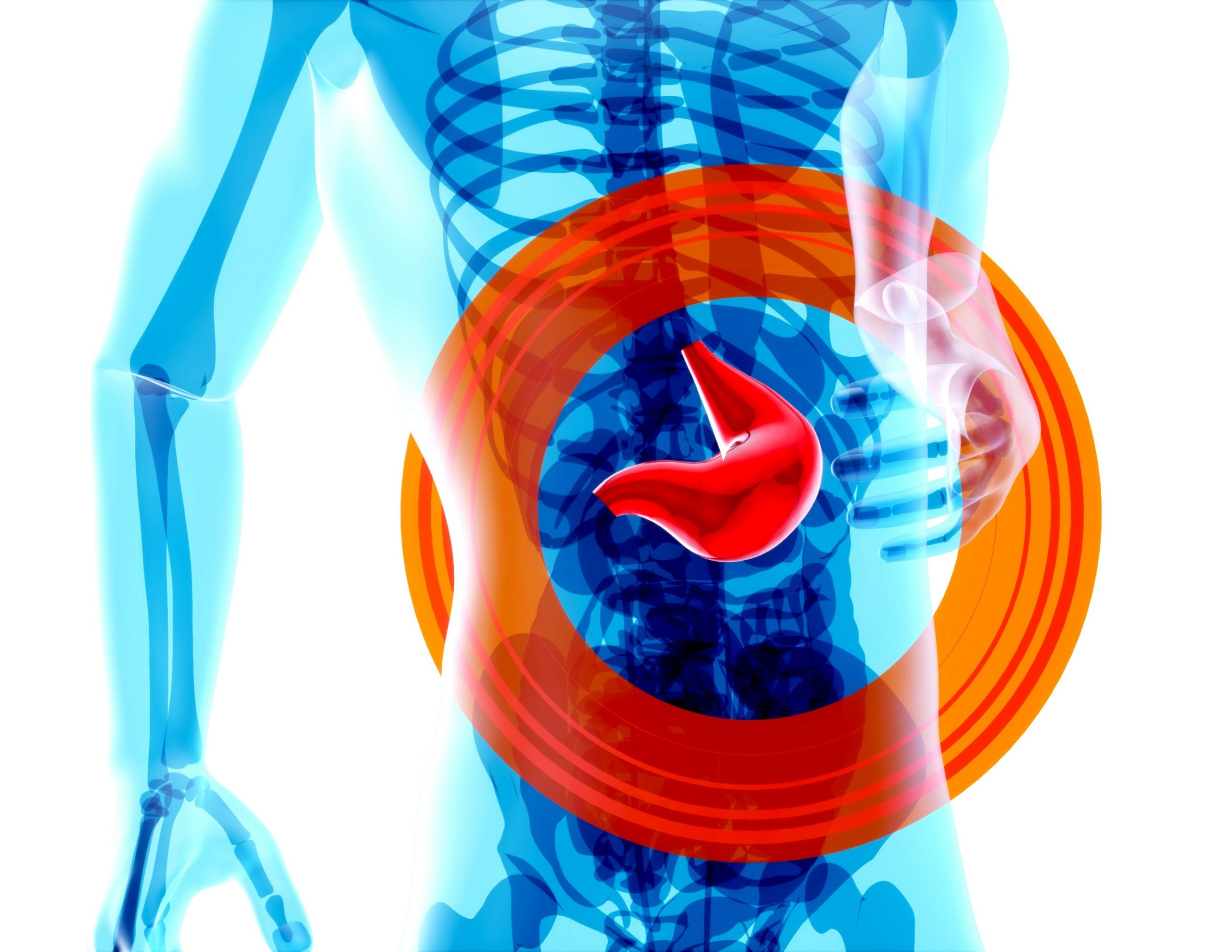Most of us don’t think about our digestion until something goes wrong. That uncomfortable bloating you get after lunch (or dinner). The 3pm tiredness you feel and even the endless search for foods that won’t leave you feeling like a overstuffed balloon are all indicators that your digestion isn’t going as smoothly as it’s supposed to.
Over the course of repeatedly getting bloated myself and asking questions from actual doctors, plus my own research, I’ve learned that good digestion isn’t about quick fixes or restrictive diets. It’s about working with your body’s natural rhythms. Here are four surprisingly simple ways to get your gut back on track.
- Chew Your Food Thoughtfully
A lot of us are guilty of scarfing down a meal while scrolling through emails or watching TV. But here’s what you don’t know about your gut/digestive system when you’re doing this: digestion begins in your mouth, not your stomach.
The Breakdown: Saliva contains digestive enzymes (like amylase) that start breaking down food immediately. One study found chewing almonds 25-40 times (instead of 10 times) increased nutrient absorption by up to 25%.
Try This This Instead:
- Put your fork down between bites
- Aim for 20-30 chews per mouthful
- Notice when flavors change (a sign of proper enzyme activation)

- More of Movement
You don’t need intense workouts to aid digestion because gentle movement will do the trick.
How it Works: Physical activity stimulates intestinal contractions (peristalsis) that move food through your system. A 15-minute walk after eating can speed digestion by up to 30%.
Best Movement Ideas:
- Post-meal walking (even just around your home)
- Gentle yoga twists (try “seated spinal twist”)
iii. Belly breathing (deep inhales that massage internal organs)
- Hydrate Smartly
Yes, you’ve heard “drink more water” more times – but when and how makes all the difference.
How to Do It:
- Drink a cup of water 30 mins before meals (helps to prime digestion)
- Small sips during meals (large amounts dilute stomach acid)
- Herbal teas like ginger or peppermint after eating
Take care to avoid chugging ice water with meals (can slow digestion).
- The Fiber Factor
So there are two types:
Soluble vs Insoluble
- Soluble (including oats, apples, beans) form gut-friendly gel
- Insoluble (including whole grains, veggies) adds bulk instead.
Keep in mind to increase your fiber intake gradually so as to avoid retention of gas. Also, pair high-fiber foods with plenty of water
What You Should Know
Contrary to popular belief, digestion doesn’t start when you eat. It rather starts when you anticipate eating. That mouthwatering smell of food cooking? That’s your body prepping the digestive juices.
For your next meal, try to take 3 deep breaths before meals to activate your “rest and digest” mode.
When to See a Doctor
While these tips will help most people, however, consult a professional if you experience:
- Persistent bloating/pain
- Major changes in bowel habits
- Unexplained weight loss
- Blood in stool


















